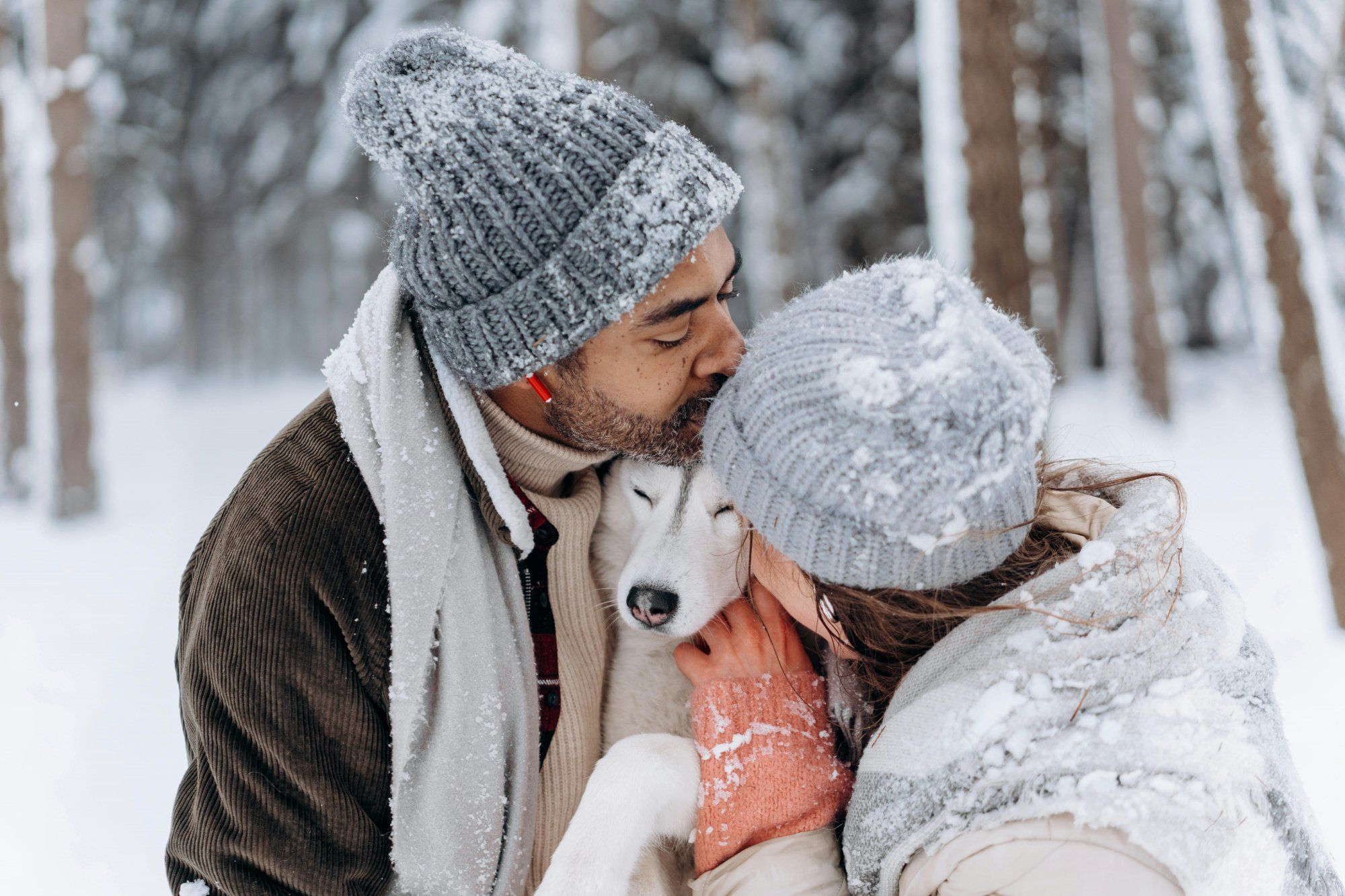Contrary to general belief, several pups can feel chilly when the temperature drops. While, some dog breeds like Huskies are more tolerant of such weather, others are quite sensitive to it. In general, the vet explains, a dog’s tolerance to the cold depends on several factors like fur length, age, diet, health condition, among others.
Those most vulnerable are elderly dogs, puppies, and those with short fur. Therefore, we must take great care to shield them from the icy weather.
When out for a walk, Ginargyros mentions, if your pet starts trembling, appears anxious, makes frequent stops, or is tries to find warm spots to hide, it’s best you return them home as quickly as possible, as these could be the first symptoms of hypothermia. If they persist, you should contact your veterinarian immediately.
Dogs suffering from diseases, especially arthritis and hormonal issues, the vet explains, need extra care during the winter. Be very strict with their medicine and ready to offer any further assistance required.
Dogs tend to get lost more easily in the winter as snow and ice can cover familiar smells and signs that can help them find their way back home. Make sure your contact information on their chip or collar is up to date, Ginargyros asserts.
If the dog must stay outside the house for a period of time, ensure that you have provided a well-sheltered space filled with blankets to shield them from the cold as much as possible. He also advises the use of special heated bowls as they prevent freezing despite the low temperature.
Never allow your dog access to any anti-freeze fluids or sprays you might have lying around, the vet stresses, as they are highly toxic, and make sure you clean after every use.
Ginargyros offers a final note for all the cats out there. Kitties often hide under the hood of the car to find warmth. He urges that before turning the engine on, drivers tap the hood or give a honk or two to prevent any tragic accidents.



